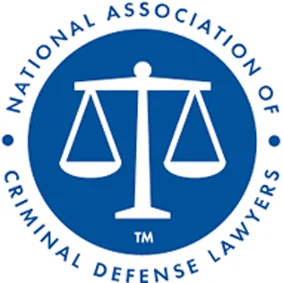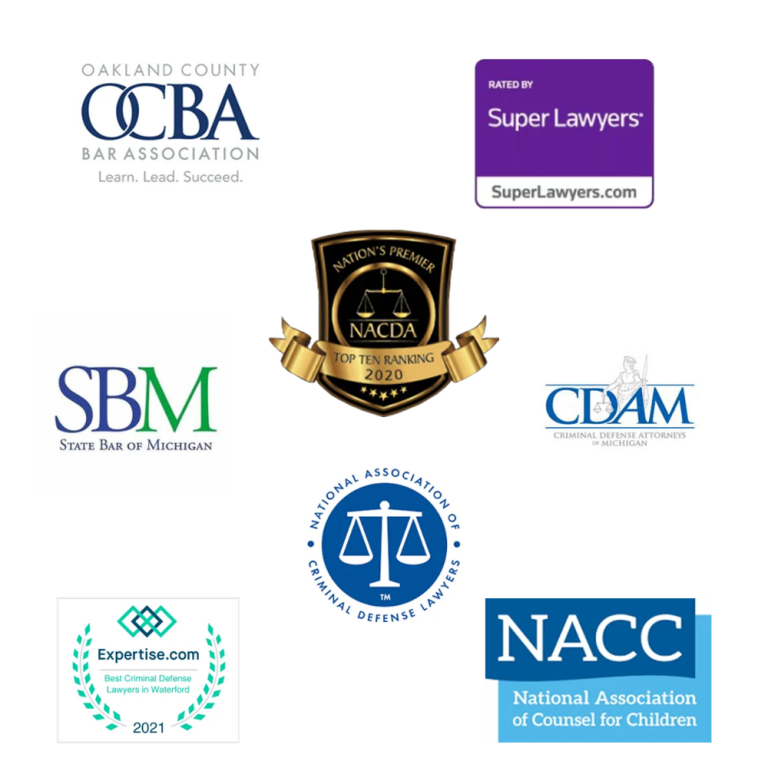What should you do if you’re under federal investigation?
On Behalf of Kirsch Daskas Law Group | Jan 20, 2021 | Criminal Defense
If you find out that you’re under federal investigation, it’s important that you know what you can do to protect yourself. First, understand that an investigation is just the first step in the federal criminal justice process. The goal of the authorities at that stage is just to determine if a crime has occurred, to figure out who may be responsible and to collect evidence.
Most federal cases are handled by law enforcement agencies such as the Central Intelligence Agency (CIA), the Federal Bureau of Investigation (FBI) or other federal intelligence agency. These agents are who will perform most of the work, but they may be assisted by the federal prosecutor, local agents and others.
What happens during a federal investigation?
During a federal investigation, there are a few things that may happen. The first is to file a credible crime report. Then, the law enforcement agents may:
- Wiretap a suspect’s phone
- Conduct witness interviews and proffer sessions
- Record consensually monitored conversations
- Monitor a suspect’s activity online
- Perform physical surveillance
- Execute a search warrant
Remember that federal law enforcement agents have specialized training, better resources and overall expertise compared to a typical law enforcement officer. If you believe that you are the target of an investigation, it is worth speaking with your attorney as soon as you can.
How will you know if you’re under investigation?
Many federal cases are conducted without letting anyone know that they’re being investigated. The investigation may not be discussed in public. In some cases, people don’t know they’re being investigated until an officer arrives to place them under arrest.
You may find out that you’re under federal investigation in some cases, such as if:
- Federal agents suddenly show up at your home or workplace
- You receive a grand jury subpoena
- Federal agents call and ask for a meeting with you
- A federal prosecutor sends you a target letter
- Former colleagues, friends or associates let you know that they’ve been interviewed in relation to something you’ve done or are believed to have participated in
If you think you’re under investigation or find out that you are, a strong defense will be essential.










